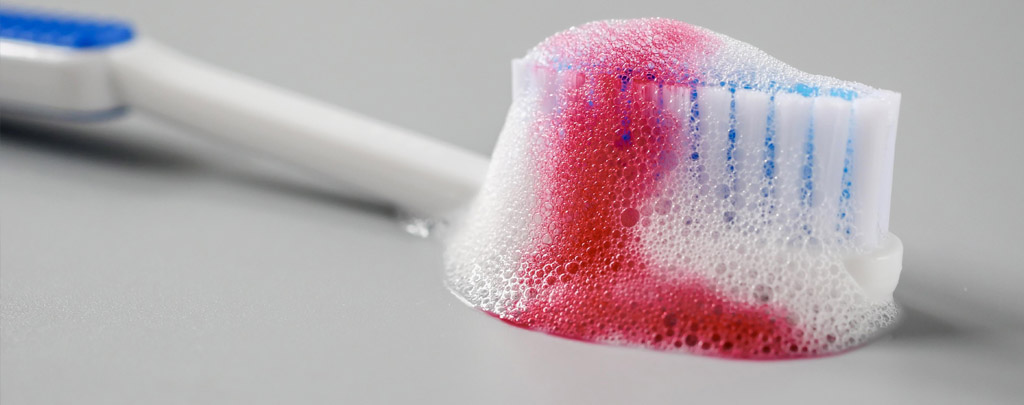Five Signs Of Gum Disease
Is gum disease a dental emergency?
There are numerous dental conditions that some people may not consider to be an emergency but you don’t have to be in a great deal of pain to arrange an appointment and get help with your teeth.
Although gum disease may not cause a lot of discomforts to start with, it can certainly become more difficult to cope with after a long period of time; let’s take a look at this condition in a little bit more detail, to try and help you understand why it should be treated as an emergency in many cases.
What is gum disease?
Gum disease is a condition that develops generally as a result of poor oral hygiene; it can become a problem if it is not dealt with during the early stages and it is left to deteriorate over a long period of time.
This condition starts off with slight bleeding from around the gum tissue when the teeth are being brushed, then it can lead to tooth loss and further problems with infection.
Gum disease usually develops when plaque and bacteria have gathered underneath the gum line; after some time the plaque will start to irritate the soft tissue and this causes infection to develop.
Many people who have this problem will not be aware of it in the early stages because it is relatively innocuous, to begin with.
However, this is the best point at which to seek treatment because it means that the infection can possibly be eradicated and any damage reversed so that dental surgery is unnecessary.
If the condition is left to deteriorate over a long period of time, several teeth may have to be removed and antibiotics should be applied to fight the condition from within the body.
Read more about how to avoid gum disease here
If you do think that you have developed gum disease and you would like to have your dental health assessed, you should make an appointment with your dentist as soon as you get chance because the sooner the infection is treated; the more likely it is that long-term damage can be avoided.
It is a slow process but that does not mean you can ignore it for a long time until it really starts to affect your teeth.
How can gum disease be treated?
Most of the time, people that have developed gum disease notice it in its early stages and can reverse it quickly and simply by making small changes such as improving their oral health such as flossing, brushing teeth more regularly and getting rid of bad habits such as smoking.
If a person has developed a more serious case of gum disease, it is likely that dental treatment will be needed.
In many cases, people have to get some teeth removed in order to help stop the gum disease.
Replacing a missing tooth or teeth
The most popular treatment after curing gum disease to replace teeth is dental implants.
Dental implants are used to restore the oral condition and replace missing teeth, which is often caused by gum disease. Read more about the dental implants process from this dental implant clinic near Dorchester.
Dental implants are so popular as they have a wealth of benefits. Not only do they look like the natural tooth, but they work like a natural tooth, with many people reporting that they do not feel a difference.
See more benefits of dental implants.
Is gum disease a dental emergency?
Gum infection of this kind may not be an emergency condition in the first stages but if it does become more aggressive it should be considered an emergency and treated accordingly.
The main concern of gum disease is that it is a form of infection; no type of infection – medical or dental – should be ignored for too long before applying a treatment.
The formation of abscesses along the gum line is also something to look out for; these swellings of the soft tissue should be dealt with in an emergency fashion because they could be indicative of a serious infection.
Abscesses – sometimes known as gum boils – will develop when the gum tissue pulls away from the base of the teeth and this leaves a space, called the periodontal pocket, where bacteria will gather and cause the infected fluid to swell underneath the tissue.
At this point, dental surgery will be needed to repair the damage done to the gums; the boils have to be lanced and the infected tissue excised to stop the problem from spreading further into the system.
The condition will probably return if further precautions are not taken, such as antibiotics.
Although the infection will not put your dental health immediately at risk, it will probably be causing some pain at this stage, which means that emergency treatment should be applied to ease the discomfort and combat the bacteria that have already multiplied.
If you are worried about your dental health or you would like to get your teeth and gums assessed to make sure that gum disease has not developed, you should get in touch with a dental clinic that can provide twenty-four-hour emergency appointments for all types of dental problem.
Contact your dentist today to make a booking or just to learn more about the registration process.

